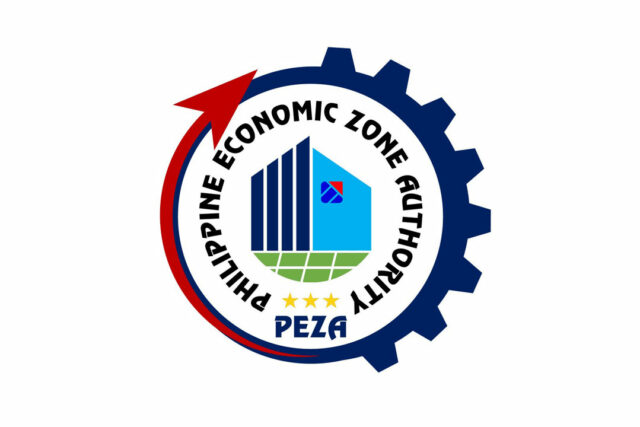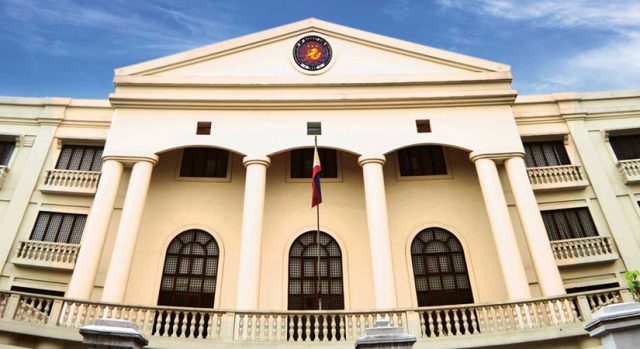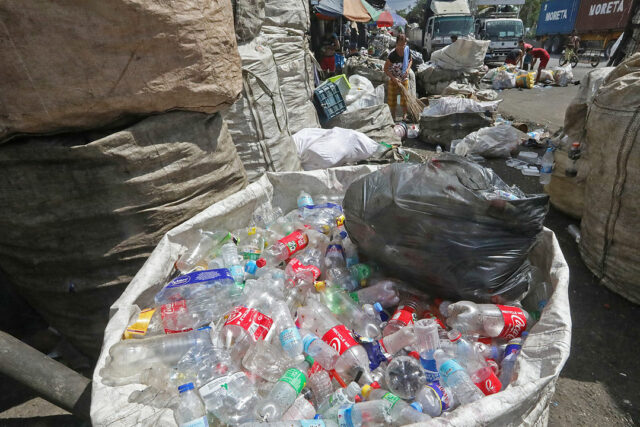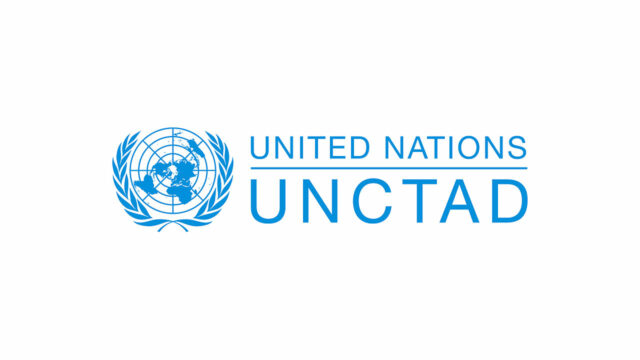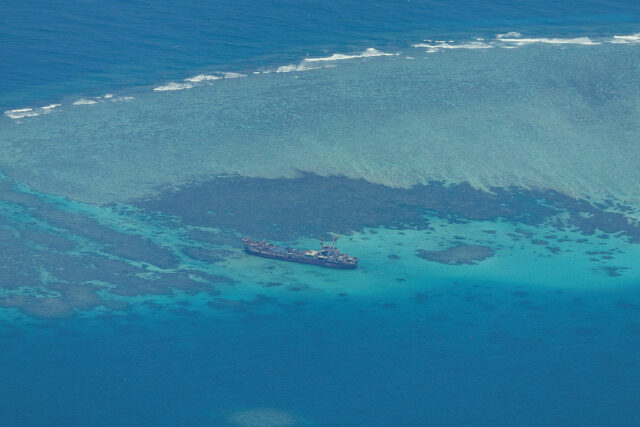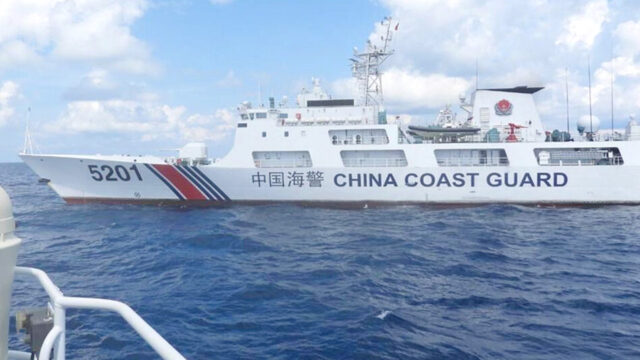By Kyle Aristophere T. Atienza, Reporter
TRADITIONAL opposition forces should step up efforts to win voters ahead of midterm elections next year that could end up becoming a three-way fight, political analysts said, as ex-President Rodrigo R. Duterte is poised to build his own coalition critical of the Marcos government.
Critics on Thursday rejected proposals to make his daughter Vice-President Sara Duterte-Carpio, who on Wednesday resigned from the Marcos Cabinet, the face of the opposition.
“Based on previous surveys, there’s a sizable population not aligned to any of them,” Hansley A. Juliano, who teaches political science at Ateneo de Manila University, said in a Facebook Messenger chat.
“Instead of trying to preach to the opposition choir or convince hardline Marcos or Duterte supporters, it’s best for the traditional opposition to stick to capturing undecided voters,” he added.
Senator Risa Hontiveros-Baraquel is the highest elected official among opposition personalities, leading Senate investigations of various corruption and human rights issues hounding the government, including the case of religious leader Apollo C. Quiboloy, who is a close friend of the Duterte family.
The Liberal Party (LP), which supports her, said Ms. Duterte-Carpio “might assume the leadership of the partisan opposition” but it remains “the ideological and conscientious opposition to both the current administration and Duterte’s breakaway power bloc.”
“LP continues to uphold its iconic principles on good governance, participatory democracy, constitutionalism, human rights protection and anti-authoritarian rule, all of which are not in the track record of the leaders of the now-defunct UniTeam,” President and Albay Rep. Edcel C. Lagman said in a statement.
Bagong Alyansang Makabayan, another traditional opposition group, urged Filipinos to “reject the rottenness of the current political system that is marred by factional infighting, corruption and self-serving agendas.”
“The ruling system continues to crumble under the weight of its own moribund crisis,” it said in a separate statement. “Genuine change will not come from these elite factions but from the collective struggle of the people.”
Mr. Juliano said a three-way fight is likely in the 2025 midterm polls, with the Duterte camp likely projecting itself as an opposition force.
Hakbang Maisug, a movement supposedly created by Mr. Duterte and his allies to oppose the government’s push for constitutional amendments, urged Ms. Duterte-Carpio to lead them in their “struggle for transparency, accountability, peace and security.”
Mr. Marcos and Ms. Duterte-Carpio campaigned on a platform of unity in 2022, but critics say it was just a marriage of convenience.
‘OPPORTUNITY’
Cracks within the ruling coalition became more apparent after the House of Representatives led by Speaker Ferdinand Martin G. Romualdez, a cousin of Mr. Marcos, last year denied Ms. Duterte-Carpio’s request for confidential funds under the 2024 national budget.
Ms. Duterte- Carpio, who was appointed vice-chairperson of the anti-communist task force in May last year, was among the first to hit the government’s attempt to pursue peace talks with Maoist rebels, calling it “an agreement with the devil.”
The International Criminal Court (ICC) is investigating her father and Mr. Marcos’ predecessor, Rodrigo R. Duterte, for his deadly war on drugs.
Mr. Marcos had said his government was studying the possibility of rejoining the ICC after an exit in 2019, although he has opposed the ICC probe, which he sees as an affront to Philippine sovereignty.
Mr. Duterte, who has accused Mr. Marcos of being a drug addict, has been active in rallies calling for his resignation. Mr. Marcos has fired back by linking his predecessor’s drug accusations against him to his fentanyl use.
“Measuring which among the House members, and by extension the local government officials they represent, are on the side of Marcos-Romualdez is going to be a key consideration in the leadup to 2025 and after,” Mr. Juliano said.
The President’s Partido Federal ng Pilipinas party has allied itself with Mr. Romualdez’s Lakas CMD and the Nacionalista Party ahead of the 2025 midterm elections.
Mr. Marcos has veered away from, if not totally reversed, some of Mr. Duterte’s key policies including pursuing closer security ties with the United States away from China.
“As for the old opposition, the Marcos-Duterte split is an opportunity, if and only if they want to and can actually project loyal opposition that can resonate with more moderate partisans from the Marcos camp,” said Anthony Lawrence Borja, a political science professor at De La Salle University.
“If not, then they will remain with their current base and the probability of their success will be proportional to public discontent towards both the factions of Marcos and Duterte,” he said via Messenger chat.
Based on Octa Research’s poll in March, the trust rating of Mr. Marcos declined by six points to 69% from December. Ms. Duterte-Carpio’s rating also fell by nine points to 68%.
Mr. Borja said new middle forces might emerge in the leadup to the 2025 elections “but it might be under the growing trend of independent and shared candidates who can dance between the triad of Marcos, Duterte and the old liberal opposition.”


